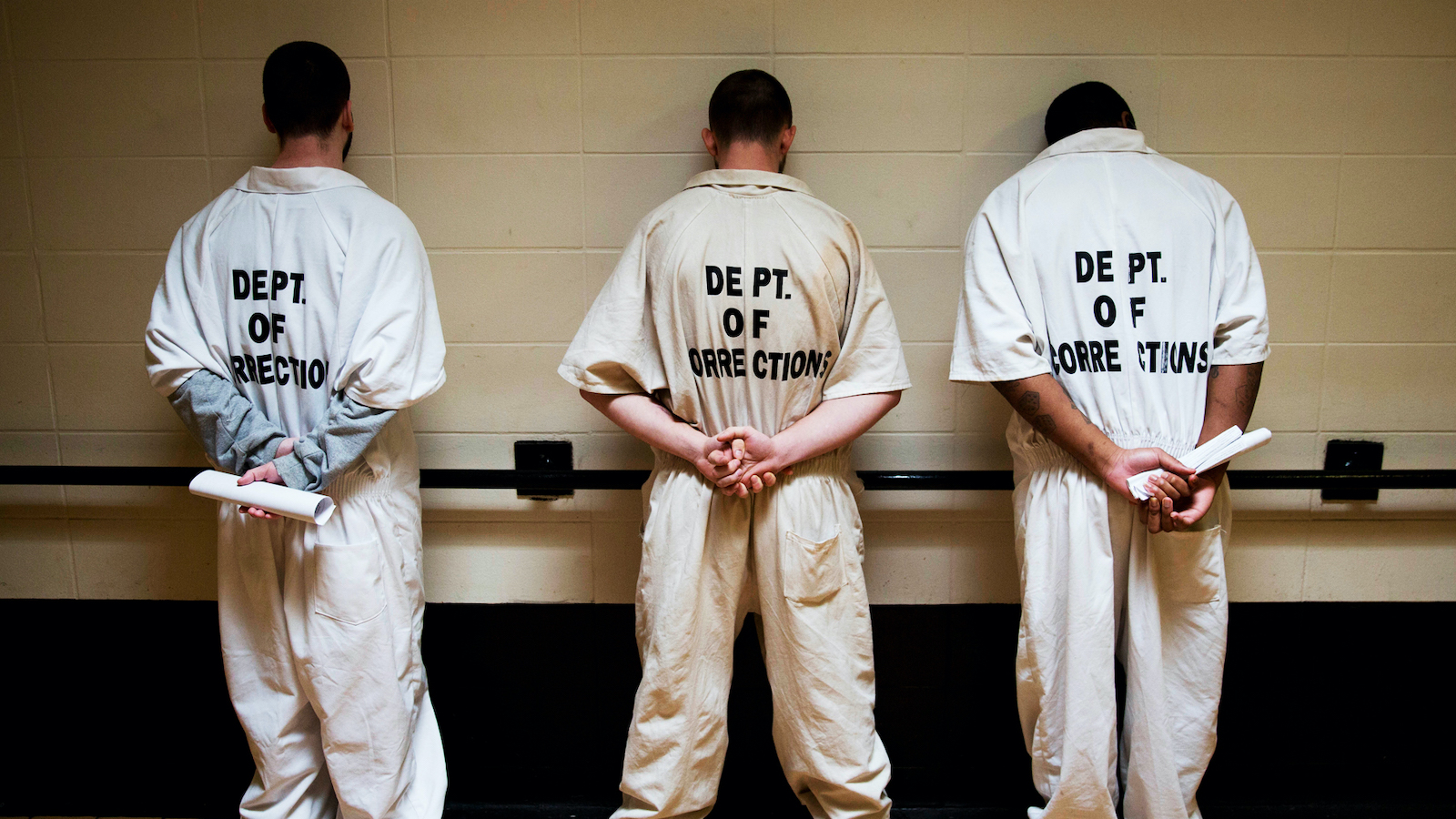
You Might Not Like Drugs, but You Should Still Support Decriminalizing Them
The MORE Act will be voted on this month to legalize marijuana nationally. While the bill is likely to pass the House with ease, the measure is likely to fail in the Senate—but it shouldn’t. There is a common understanding that if you believe drug use should be discouraged, you should support the criminalization of drugs. This is not at all the case.
Notably, many states legislatures have already voted to decriminalize marijuana rather than legalize it. When drugs are decriminalized, no jail time is involved, the penalty does not show up on an offender’s permanent record, but there may still be small fines for possession or criminal penalties for dealing.
Everyone should be on board. Here’s why.
Portugal’s decriminalization of all drugs in 2001 led to “reductions in problematic use, drug-related harms, and criminal justice overcrowding.” Between 2001 and 2007, the percent of the population in Portugal that reported using an illicit substance in the past 12 months increased by only 0.3 percent; the percentage of people who reported using any illicit substance in their lifetime increased by less than 5 percent. Changes in the legal status of marijuana use and possession in various U.S. states reveal a similar pattern of only small increases in use.
Economists who study crime have found that criminalization is a bad way to deal with the social effects of drug use. As noted in Nobel prize-winning economist Gary Becker’s foundational writing on the economics of crime, criminalization is a solid approach only when an activity has extensive, negative effects on the community (think violent or property crimes). While using drugs does increase risky behavior, problematic activity resulting from drug use, such as theft or assault, are already criminalized or dealt with in civil courts.
Addiction takes a somber toll on families and society as a whole, so it is easy to argue that addiction qualifies as such an extensive, negative effect. But the criminalization of drugs actually makes seeking help for addiction more difficult, as users may be less likely to seek treatment in the event of overdose or dependency due to fear of arrest. Additionally, rehabilitation has proven to be more effective in preventing relapse than jail.
Users also have no legal protections against dangerous or impure products under prohibition. It’s why organizations such as the Drug Policy Alliance advocate a harm reduction approach to drug policy in place of criminalization. Harm reduction strategies focus on promoting healthy and safe use among existing drug users by reversing overdoses and providing access to care for addiction.
Decriminalization would reduce the number of arrests, decreasing the number of police confrontations with civilians. In 2018, police arrested over 1.4 million people in the U.S. for nonviolent drug possession or use—not distribution or manufacturing. Changing the law so that police only focus on high-level dealers could reduce unnecessary arrests and decrease animosity between police and citizens over time. It would also take away a common justification for acts of illegal search and seizure by police against citizens. Because of this, reexamining the treatment of drug use would be a smart way to ensure that the law itself doesn’t stand in the way of racial equality.
In addition to decreasing overall instances of police brutality, decriminalization would introduce fewer people into the criminal justice system and wipe the slate for people with a criminal record of drug use or possession. Finding a job with a criminal record is hard; this is especially true for the black community, as black people tend to receive harsher penalties for the same crimes. Cleaning the record could help to break reoffending cycles by opening avenues for legal employment and close racial opportunity and achievement gaps over time.
Decriminalizing drugs would also reduce the school-to-prision pipeline for youths by introducing fewer teenagers to the criminal justice system. While drugs should not be accessible to teenagers, the punishment should not be incarceration. A landmark study in 2013 found that incarceration as a teen decreases high school graduation rates by 13 percent and increases the probability of arrest as an adult by 22 percent compared to teens in the same neighborhood who were charged with a crime but not sent to a detention center.
The decriminalization movement is not just for the benefit of recreational drug users, but for society as a whole. Criminalization doesn’t do much at all to stop people from doing drugs and it’s actually causing more problems than it’s solving. Decriminalization of drug use and possession would be a meaningful first step in reforming the criminal justice system to reflect the goals of society—not only in principle, but also in practice.
Free the People publishes opinion-based articles from contributing writers. The opinions and ideas expressed do not always reflect the opinions and ideas that Free the People endorses. We believe in free speech, and in providing a platform for open dialogue. Feel free to leave a comment.




Ray Ford
When you’re caught more than once, start taking off body parts and see if they’re smart enough to stop. IMO, never decriminalized drugs.
Cassandra Klesch
OMG. Seriously? Don’t get me started. I can’t say enough about this stupidity. Oh, wait, the living dead. Ms. Tyger, please read up on people who “try” to get off of meth. What happens to their families? What happens to the baby in womb and what happens to that child out of the womb? Did you ever see a newborn coming off of drugs? That’s just the beginning Ms. Tyger. Get a new job.